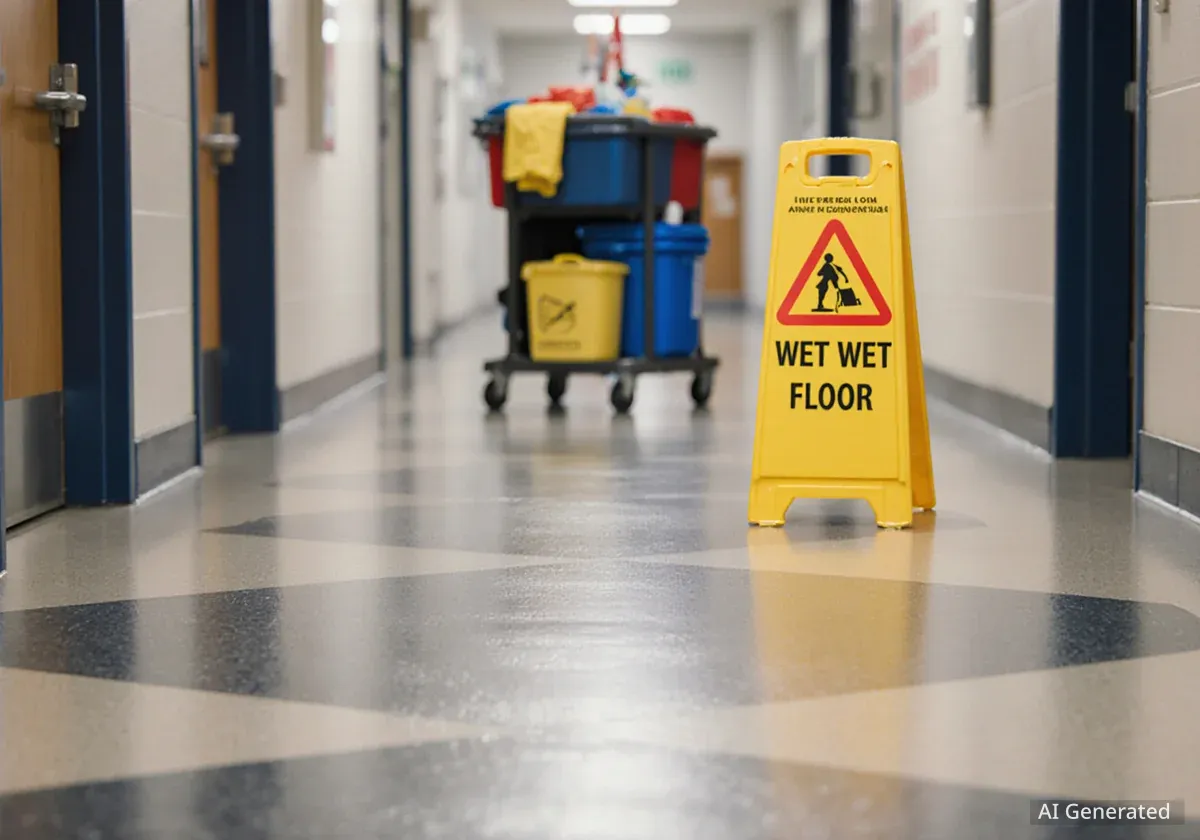The U.S. Department of Health and Human Services (HHS) has officially decertified the Life Alliance Organ Recovery Agency, an organ procurement organization (OPO) affiliated with the University of Miami Health System. The decision follows a federal investigation that uncovered a history of unsafe practices, chronic understaffing, and significant administrative errors that compromised the organ transplant process.
Key Takeaways
- The Life Alliance Organ Recovery Agency at the University of Miami has lost its federal certification from HHS.
- An investigation revealed long-term issues including unsafe organ handling, insufficient staffing, and major paperwork errors.
- A critical error in 2024 resulted in a surgeon declining a viable heart for a transplant patient.
- Federal officials have emphasized a new focus on enforcing higher standards and accountability across the national transplant system.
Federal Agency Takes Action Over Safety Concerns
The Department of Health and Human Services has taken the significant step of revoking the certification for the Life Alliance Organ Recovery Agency. This organization, operating under the umbrella of the University of Miami Health System, is responsible for the recovery of organs for transplantation in its designated service area.
Decertification means the agency is no longer federally approved to manage the critical process of organ donation and recovery. This action is reserved for cases where an OPO fails to meet stringent federal performance and safety standards designed to protect both organ donors and recipients.
The move is part of a broader effort by federal regulators to increase oversight of the nation's 56 organ procurement organizations. These non-profit entities serve as the vital link between deceased organ donors and patients on the national transplant waiting list.
What is an Organ Procurement Organization?
Organ Procurement Organizations (OPOs) are federally designated non-profits that facilitate the organ donation process. Their responsibilities include identifying potential donors, obtaining consent from families, medically managing the donor's body to ensure organ viability, and arranging for the surgical recovery and transport of organs to transplant centers.
Investigation Reveals Years of Systemic Failures
The HHS decision was prompted by an investigation that detailed numerous and persistent failures at the Life Alliance Organ Recovery Agency. According to federal findings, the agency engaged in unsafe practices for years, creating risks within the sensitive organ recovery and allocation process.
Investigators identified chronic understaffing as a root cause of many of the problems. A lack of trained personnel led to breakdowns in procedure, including mismanaged paperwork and critical errors in dozens of organ donor cases. These administrative failures have a direct impact on the safety and efficiency of organ transplantation.
A specific incident from 2024 highlighted the severe consequences of these failures. An error made by the agency led a surgeon to decline a donated heart intended for a patient awaiting transplant surgery. This mistake resulted in the loss of a life-saving opportunity for a patient in critical need.
The High Stakes of Procedural Errors
Mistakes in the organ procurement process can have devastating outcomes. Paperwork errors can lead to incorrect matching of organs with recipients, delays in transport that render an organ non-viable, or failure to transmit critical medical information about the donor.
Unsafe practices could include improper organ preservation, contamination during recovery, or failure to follow protocols for disease screening. Each step is critical to ensuring a donated organ is safe and provides the maximum benefit to the recipient. The federal investigation concluded that the University of Miami's agency failed to meet these essential requirements on multiple occasions.
Officials Vow Stricter Oversight of Transplant System
In announcing the decertification, top federal health officials stressed their commitment to reforming the organ transplant system and holding all participants accountable. They framed the action as a necessary step to protect patients and honor the gift of organ donors.
HHS Secretary Robert Kennedy, Jr. described the essential role of trust in the system. He emphasized that every OPO must act as a reliable custodian for each donated organ.
“An organ procurement organization must serve as the trusted custodian of every donated organ. Its job is to honor the gift of life by ensuring trained professionals recover every organ safely, match it fairly, and deliver it quickly to the patient who needs it most. We will not allow any participant to cut corners with human life, and we hold every institution in the transplant system to the highest standards of safety and accountability.”
This statement signals a zero-tolerance approach to operational failures that jeopardize the integrity of the organ donation and transplantation network. The focus is on ensuring every donated organ is a viable gift of life.
Modernizing a System in Need of Reform
The action against the Miami-based agency is part of a larger initiative to modernize the entire organ transplant system. Officials noted that patients and families have been affected by systemic issues for too long.
Dr. Mehmet Oz, Administrator for the Centers for Medicare and Medicaid Services (CMS), which oversees OPO certification, outlined the path forward. He stated that the government is implementing more rigorous standards for all organizations involved.
“For too long, patients and families have suffered from systemic failures. We are enforcing rigorous standards and modernizing the system with better data, stronger oversight, and innovative tools to make organ procurement safer, fairer, and more effective for every American awaiting a transplant.”
The modernization efforts include:
- Better Data: Implementing new metrics to more accurately measure OPO performance and identify problems sooner.
- Stronger Oversight: Increasing the frequency and rigor of federal audits and inspections of OPOs.
- Innovative Tools: Utilizing new technologies to improve organ matching, tracking, and transport, reducing the risk of logistical errors.
The decertification of the Life Alliance Organ Recovery Agency serves as a clear message to the entire transplant community. Federal regulators are prepared to take decisive action to enforce safety and performance standards, with the ultimate goal of saving more lives through successful transplantation.





